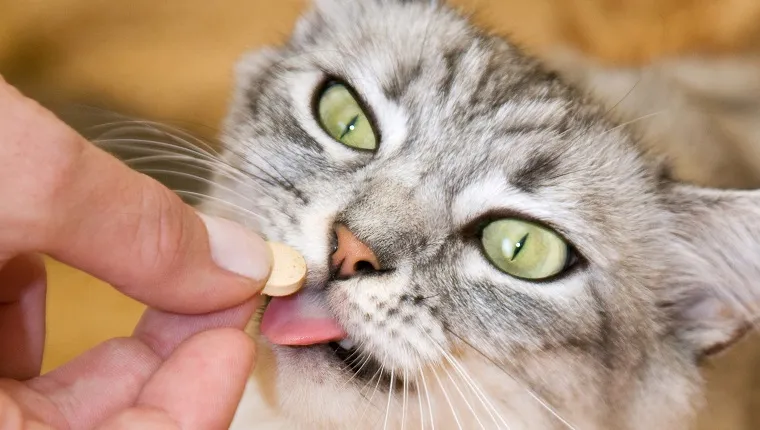Hey there, cat parents and inquisitive kitty lovers! Cats can sometimes experience allergies, just like us humans. When those sneezes, itchy skin, or watery eyes make an appearance, it’s time to consider options like Chlorpheniramine. But what exactly is this tongue-twister medication, and how can it help your feline friend? Fear not, because we’re about to break it down in a language even your cat would understand.
The Allergy Anecdote: Cats and the Itch
Before we delve into the details of Chlorpheniramine, let’s set the stage for this medical exploration.
Furry Friends and Allergies
Just like us, cats can experience allergies triggered by various environmental factors, such as pollen, dust mites, or certain foods. Allergies can manifest in different ways, from sneezing fits to skin irritations, leaving your cat in discomfort.
The Wonder of Chlorpheniramine
Chlorpheniramine is an antihistamine, a type of medication that can help alleviate allergy symptoms by blocking the effects of histamines in the body. But is it safe and effective for your precious feline?
Chlorpheniramine for Cats: A Soothing Solution
Let’s get to the heart of the matter and explore how Chlorpheniramine can come to the rescue of your allergy-stricken cat.
The Uses
Chlorpheniramine can be used in cats to manage various allergy-related symptoms, including sneezing, itching, watery eyes, and nasal congestion. It’s like a superhero cape for your cat’s immune system!
The Dosage
Determining the right dosage of Chlorpheniramine for your cat is crucial. The dosage often depends on your cat’s weight and the specific product you’re using. Always consult your veterinarian for precise guidance, as they’ll consider your cat’s unique needs.
Chlorpheniramine: The Sidekick & Side Effects
While Chlorpheniramine can be a lifesaver for your cat’s allergies, it’s essential to be aware of potential side effects.
The Common Side Effects
Some cats might experience drowsiness, dry mouth, or gastrointestinal upset when taking Chlorpheniramine. These effects are usually mild but should be monitored.
The Uncommon Concerns
In rare cases, Chlorpheniramine can lead to more severe side effects, such as rapid heart rate or difficulty breathing. If you notice any unusual reactions, contact your veterinarian immediately.
Expert Insights and Safety Measures
To ensure your cat’s well-being, it’s crucial to consult with the experts and follow safety guidelines.
The Vet’s Perspective
Your veterinarian is your cat’s best friend when it comes to medication. They’ll determine the appropriate dosage, consider your cat’s overall health, and provide guidance on the duration of treatment.
Government Guidelines
Government bodies, like the Food and Drug Administration (FDA), oversee the use of medications for pets. They emphasize the importance of using medications according to veterinary guidance to ensure safety and efficacy.
Wrapping Up the Allergic Adventure
In conclusion, Chlorpheniramine can be a valuable tool in managing your cat’s allergies and providing relief from uncomfortable symptoms. However, it’s essential to use it under veterinary supervision, follow dosage instructions carefully, and be vigilant about potential side effects.
Remember, your cat’s well-being is the top priority, and with the right treatment plan, they can enjoy a happy and itch-free life. So here’s to a sneeze-free, purrfectly comfortable journey for your feline friend!
- Best Lusha Alternatives for 2025 - April 19, 2025
- Best Overloop Alternatives for 2025 - April 19, 2025
- Best Snov.io Alternatives for 2025 - April 18, 2025



